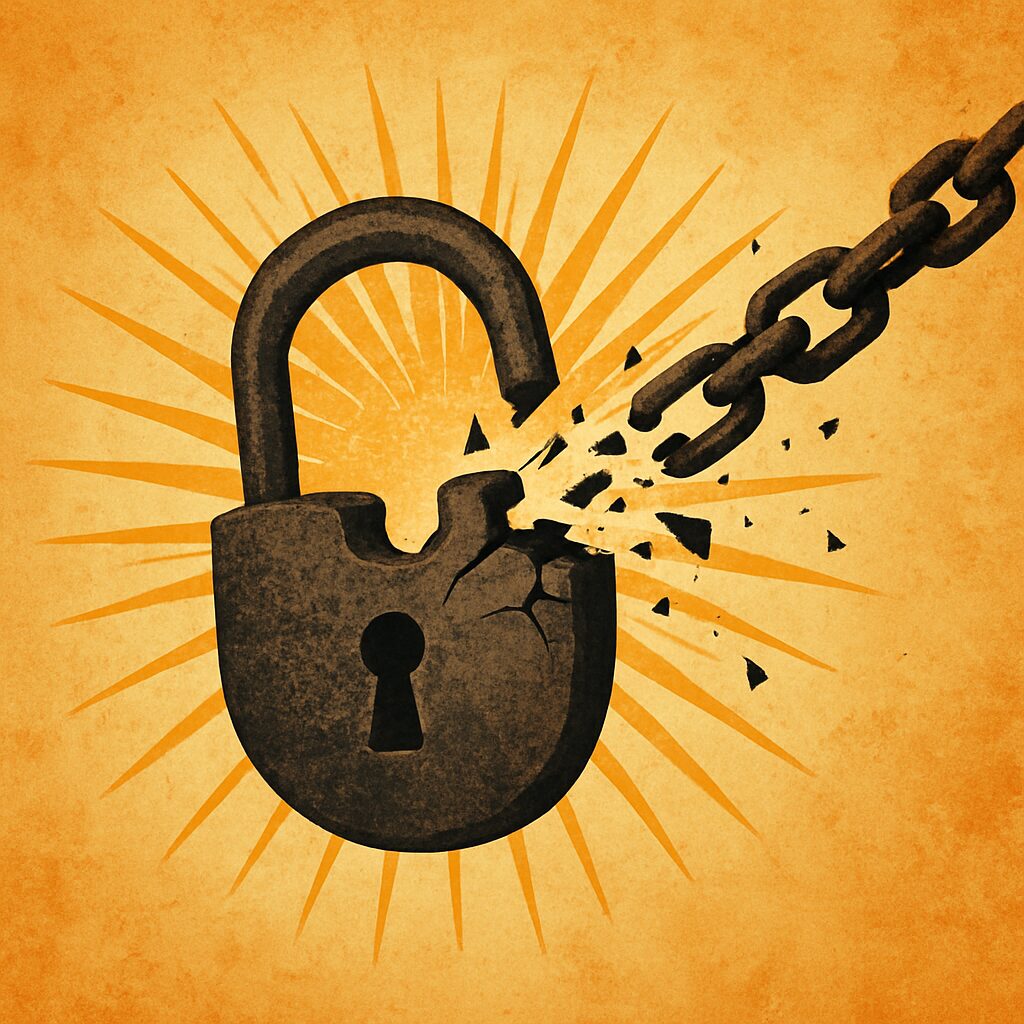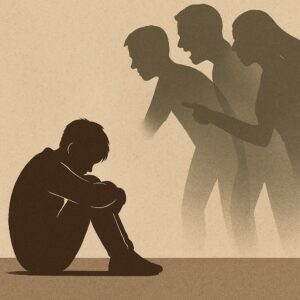Overcome Addiction: Reclaim Your Life with Proven Therapy
Addiction to alcohol or drugs can feel like an unbreakable chain—dragging you into isolation, despair, and confusion. But there is a way out. Through evidence-based therapy, people struggling with substance use can find healing, clarity, and a renewed sense of self.
This post explores how psychotherapy supports addiction recovery and why it plays a key role in improving mental health.
Understanding the Link Between Addiction and Mental Health
Addiction rarely exists on its own. It often shows up alongside depression, anxiety, trauma, or unresolved grief—what professionals call a co-occurring disorder or dual diagnosis. According to CAMH, people with mental health concerns are more likely to experience substance abuse.
These conditions feed into one another. For example, anxiety might lead someone to drink, while drinking can worsen anxiety. That’s why recovery works best when both issues are addressed together. Therapy allows you to untangle the connection, rather than just treat the symptoms.
What Is Psychotherapy and How Can It Help?
Psychotherapy is a guided conversation between you and a trained therapist. In a safe, confidential space, you explore your thoughts, emotions, and habits—with support and without judgment.
When it comes to addiction, therapy helps you:
- Recognize Triggers: Understand what leads you to use substances—whether it’s stress, sadness, or certain situations.
- Reshape Thoughts: Learn to replace harmful beliefs like “I’ll never get better” with more realistic and supportive ones.
- Build Healthy Coping Tools: Discover ways to manage difficult emotions without turning to substances.
- Reconnect With Yourself: Rebuild your confidence, values, and sense of purpose.
Effective Therapy Approaches for Addiction
There’s no one-size-fits-all solution. Different approaches work for different people, and therapy can be personalized to your needs. Some of the most effective options include:
- Cognitive Behavioral Therapy (CBT): This method teaches you to recognize negative thought patterns and replace them with healthier responses. For example, if you turn to substances during stress, CBT shows you other ways to cope.
- Motivational Interviewing (MI): MI helps you tap into your own reasons for change. Instead of pressure or blame, you’ll be guided to uncover what truly motivates you to heal.
- Trauma-Informed Therapy: Many people use substances to manage emotional pain from the past. This type of therapy focuses on safety and trust, helping you gently work through trauma without becoming overwhelmed.
- Group Therapy: Sharing your journey with others who understand your struggle can provide powerful insight, encouragement, and accountability.
Why Therapy Works Better Than Going Through Addiction Alone
Quitting substances is only part of recovery. Lasting change comes from healing the reasons behind the behavior. That’s hard to do on your own.
In therapy, you gain structure, tools, and emotional support. Instead of relying on willpower alone, you build a stronger foundation from within. You also begin to shift out of shame—because addiction thrives in secrecy, but therapy offers a space where you can be open, honest, and accepted.

Real-Life Impact
Therapy doesn’t just help you feel better—it can help you become someone new.
Take Sarah, who came to RP Psychotherapy after years of alcohol dependency. Through regular sessions, she unpacked her grief, built better boundaries, and rediscovered her passions. Today, she’s sober, thriving, and mentoring others on their own recovery journeys.
How RP Psychotherapy Can Help
At RP Psychotherapy, we’re here to walk with you—whether you’re just beginning or picking up the pieces again. Our team of compassionate, licensed therapists specializes in treating both addiction and mental health together.
What we offer:
- Personalized, evidence-based care
- A warm, non-judgmental environment
- Support for both emotional healing and behavior change
- Long-term strategies for staying well
We believe recovery is more than stopping substance use. It’s about rediscovering who you are—and who you want to be.
If you’re ready to begin, visit our Getting Started page and book your first consultation. You don’t have to take the next step alone.
Conclusion
Overcoming addiction is hard—but possible. Therapy helps you understand your patterns, build new skills, and find a sense of peace. It’s not just about quitting. It’s about reclaiming your life.
RP Psychotherapy is ready to support you—one step at a time.

